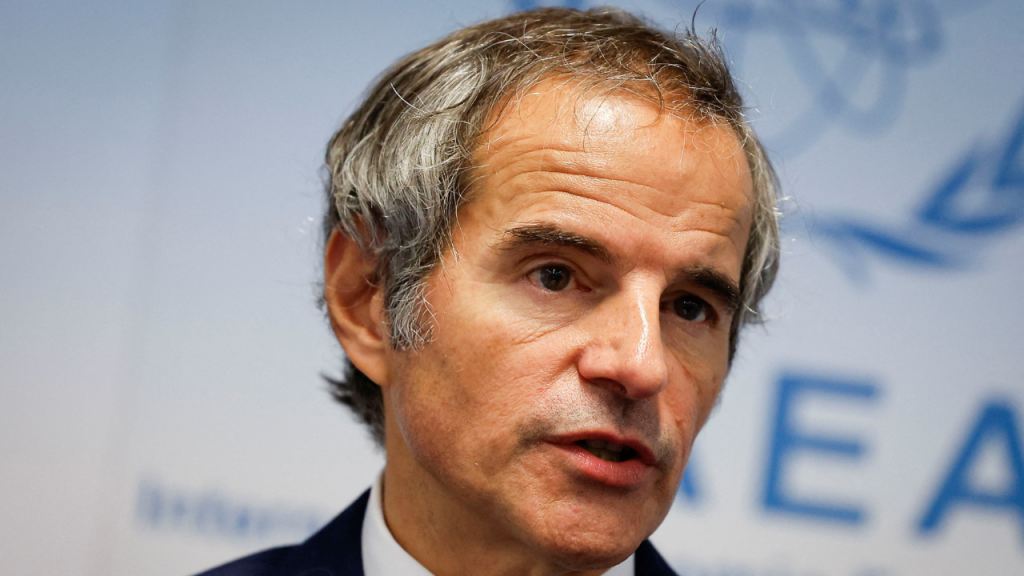The deaths of Iran’s president and foreign minister in a helicopter crash has led to a temporary pause in talks between the U.N. nuclear watchdog and Tehran. The International Atomic Energy Agency (IAEA) chief, Rafael Grossi, acknowledged the mourning period for Iran but expressed his intention to resume engagement once the mourning period is over. Challenges faced by the IAEA in Iran include Tehran’s restrictions on the inspection team and failure to explain uranium traces found at undeclared sites. Despite the pause in talks, Grossi remains hopeful for improved cooperation in the future.
Grossi stated that the IAEA planned to continue technical discussions with Iran but had not been able to do so due to the helicopter crash that resulted in the deaths of President Ebrahim Raisi and Foreign Minister Hossein Amirabdollahian. The IAEA has been working towards expanding its oversight of Iran’s atomic activities as Iran’s uranium enrichment program progresses. Iran has been enriching uranium to up to 60% purity, which is close to the 90% weapons-grade level. Tehran insists that its nuclear aims are peaceful, but the IAEA continues to investigate the traces of uranium found at undeclared sites in Iran.
Iran currently has approximately 140 kg of uranium enriched to up to 60%, which is theoretically enough for three nuclear bombs if further enriched. The IAEA’s last quarterly report indicated that Iran had enough enriched uranium for two bombs. Iran continues to produce around nine kg of uranium enriched to up to 60% each month along with enriching to lower levels that could potentially yield more material for bombs. Grossi remains hopeful for concrete results on improved cooperation from Iran, but acknowledges that a more comprehensive deal will take time.
Despite the pause in talks and the challenges faced by the IAEA in Iran, Grossi remains committed to working towards a resolution. He emphasized the need for clarification on the uranium traces found at undeclared sites and the importance of restoring confidence in Iran’s nuclear activities. With growing skepticism in many parts of the world regarding Iran’s nuclear program, it is imperative for Tehran to address these concerns and demonstrate its commitment to a peaceful nuclear agenda. Grossi’s team has yet to make significant progress on these crucial issues, but he remains optimistic about the potential for improved cooperation in the future.
Overall, the deaths of Iran’s top officials have caused a temporary interruption in talks between the IAEA and Tehran, but Grossi is hopeful for continued engagement once the mourning period is over. The challenges faced by the IAEA in Iran, including limitations on the inspection team and the failure to explain uranium traces, remain critical issues to be addressed. The need for concrete results on improved cooperation and clarification on key nuclear issues is paramount in restoring confidence in Iran’s nuclear activities. Despite these challenges, Grossi remains committed to working towards a resolution and hopes for a more wide-ranging deal that will require additional time to negotiate.


